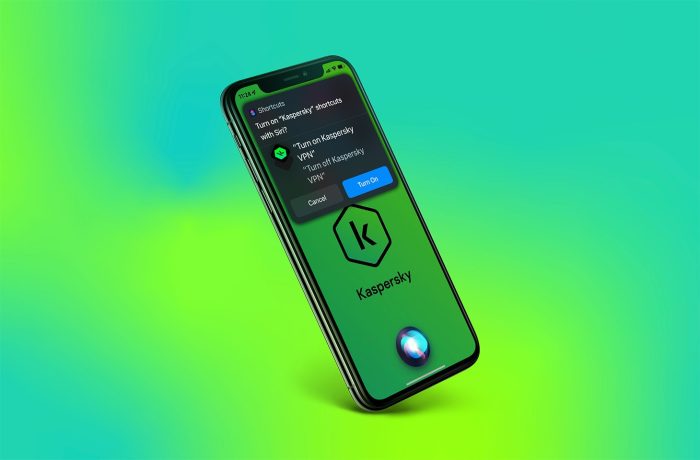
How to minimize software update risks
Today we tell you about our practices for releasing new products, and also updating existing releases, which reduce the risk of large-scale incidents.
3278 articles

Today we tell you about our practices for releasing new products, and also updating existing releases, which reduce the risk of large-scale incidents.

Episode 357 has Telegram zero-day vulnerability, more CrowdStrike woes, Disney hacktivism and Elon’s Humanoid robots are coming for us all

Kaspersky experts examined the security of public Wi-Fi hotspots in Paris on the eve of the Olympics.

Although Microsoft has radically revised the rollout plan for its controversial Recall feature, cybersecurity teams can’t afford to ignore the issue of “AI onlookers.

Scammers prepared carefully for this very sporty summer. First they targeted soccer fans during the Euros; now they’re setting their sights on spectators at the Paris 2024 Olympics. How can you stay safe from scams during the Games?

The story of how CrowdStrike released an update on a Friday and brought down thousands, tens of thousands, or maybe even hundreds of thousands of computers around the world.

Episode 356 has K-Pop, AI, Bob Dylan and the AT&T ‘mega breach!’

The masterminds behind the colossal botnet encompassing 19 million IP addresses used free VPN services as bait to lure unsuspecting users.

A zero-day vulnerability actively exploited by attackers has been discovered in Internet Explorer — the browser that Microsoft supposedly laid to rest over a year ago.

Independent cybersecurity lab AV-Comparatives put 15 anti-phishing solutions to the test — with only eight making the grade. We took home the gold, adding to our already extensive collection of accolades.

Medium-sized businesses increasingly find themselves on the receiving end of targeted attacks. What tools does one need when basic security proves inadequate?

The updated VPN & Antivirus by Kaspersky for iOS now supports Apple Shortcuts and Siri. We explain what you can do with this feature, and how to set it up.

Someone is targeting security experts using an archive that allegedly contains an exploit for the regreSSHion vulnerability.

The JavaScript CDN service Polyfill.io has started spreading malicious code. Remove the service’s script from your website.

A turnkey home? A turnkey website? How about turnkey phishing? Scammers now sell turnkey phishing services to other scammers. Read on to find out how it works.

Episode 354 has more DMA news, Microsoft in the docks, Google thwart influencer op & more!

A new vulnerability allows remote attackers to gain root privileges on Linux servers. How easy is it for CVE-2024-6387 to be exploited – and how to prevent it

Kaspersky NEXT 2024 in Athens brought together experts to tackle the challenges of AI and deepfakes, highlighting the importance of collaboration, education, and innovative detection technologies.

Developers’ accounts are being hijacked using fake job offers sent from a legitimate GitHub address.